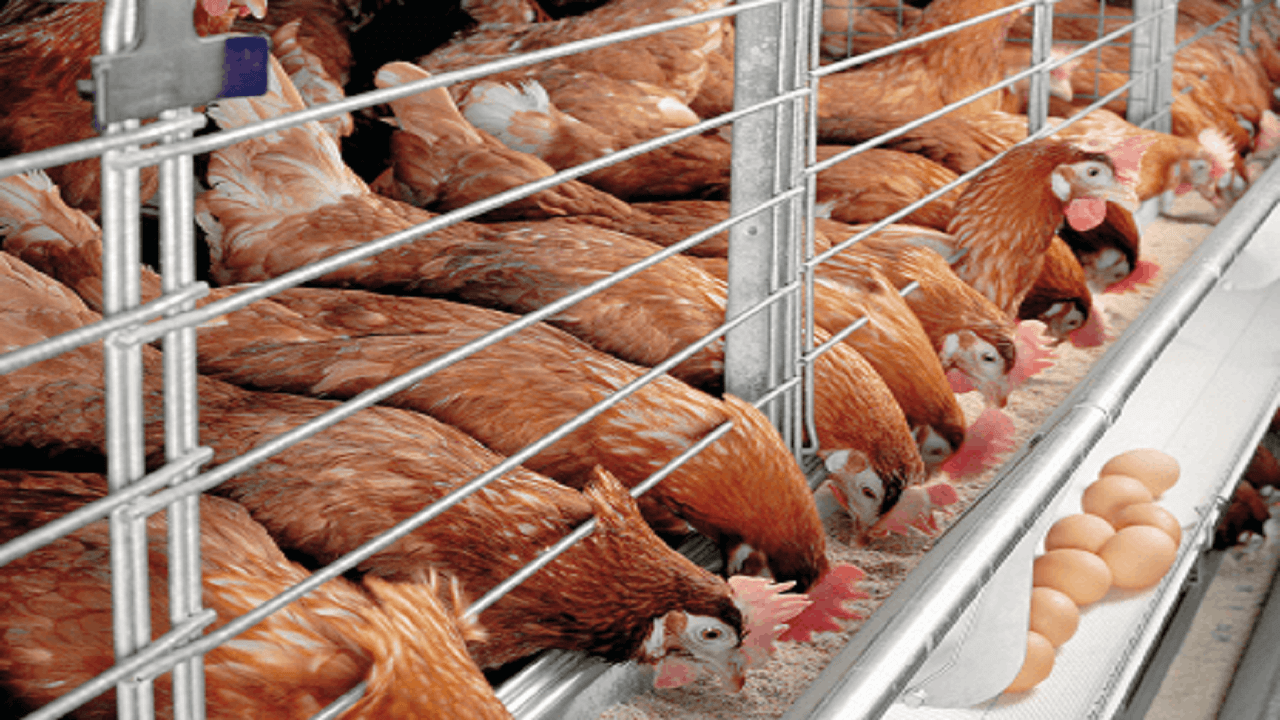Business
Nigeria is Africa’s largest egg producer — Institute

The Nigerian Institute of Animal Science (NIAS) has been touted as the largest egg producer in Africa with its annual production of 650 tonnes.
The Institute also claimed the nation has a poultry population of 180 million birds; thus, the second-largest in Africa.
NewsWireNGR observed that the report by the institute did not indicate the production capacity of other countries on the continent to compare.
Professor Eustace Iyayi, the Registrar of the institute, disclosed this on Tuesday in Abuja at a news conference held in preparation for the Joint Annual Meeting of NIAS and Animal Science Association of Nigeria (ASAN).
The conference, scheduled for Sept. 5 to Sept. 9 in Uyo, has as its theme “Livestock Resilience in the post-COVID era“.
Iyayi noted that Nigeria produced 300 tonnes of poultry meat yearly as well as contributing 25 per cent to the agricultural Gross Domestic Product (GDP).
He disclosed that no fewer than 85 million Nigerians were involved in poultry agribusiness along the value chain.
The registrar, however, noted that the impact of COVID-19 pandemic on the industry had been phenomenal with steep losses reported by farmers.
According to him, the feed sector has not been spared as two essential ingredients, maize and soybean, which cultivation and importation reduced drastically, further compounding the problems of the industry.
Iyayi explained that the conference would seek to address challenges plaguing the animal husbandry industry in the country.
He decried that the challenges have been compounded by the advent of COVID-19 pandemic that has seriously imparted the animal husbandry industry in a very negative manner.
“The growth of Nigerian animal husbandry industry has been slow, has further been aggravated, apart from the COVID-19 pandemic, by factors such as insecurity, climate change, rising population and cost of other living expenses.
“This has left consumers with reduced disposable income to purchase animal foods.
“Animal scientists believe that going forward in post-COVID-19 era, resilience is required to absorb the shock and reposition for greater heights, solve youth restiveness and perennial farmer-herder conflicts,” he said.
Iyayi identified the basis for a resurgence of the nation’s economy to include application of technology and innovation to promote production, processing and animal agricultural trade through effective competitiveness.
He says, “the current high annual food import bill of over five billion dollars and 1.5 billion dollars on dairy products and other derivatives in the face obvious comparative advantage is an unsustainable trend particularly in the wake of dwindling foreign exchange.
“The outcome of discussions at the meeting will be useful for policy alignment by government and also help engender developmental research, innovation platforms, among others.”
[Agency Report]






